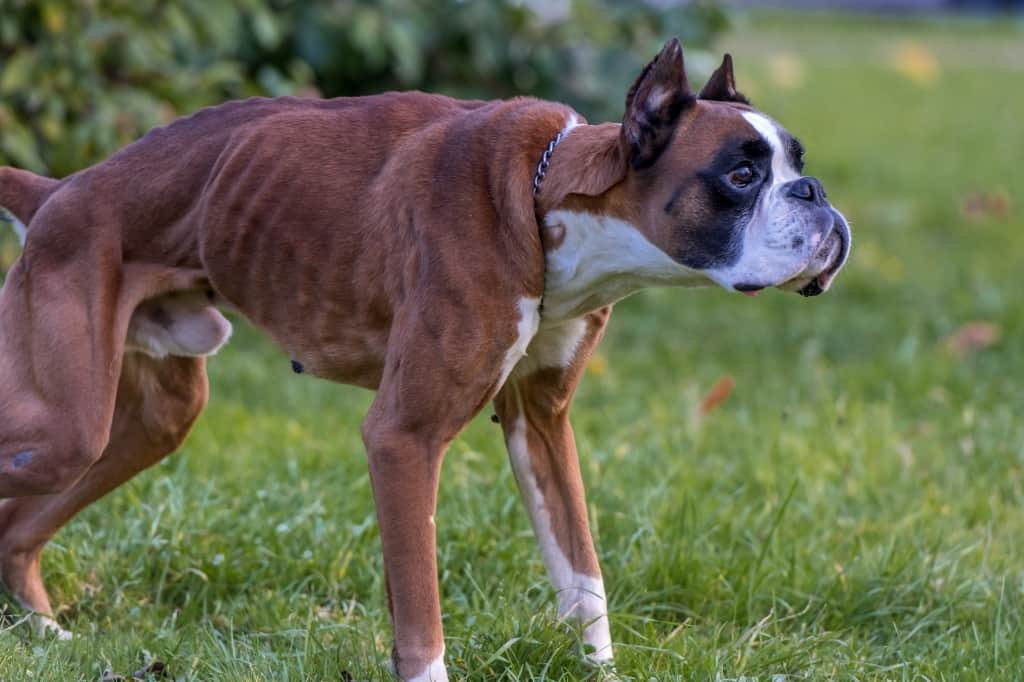To know if your puppy needs to put on some weight or lose a few pounds, first you should know whether it’s underweight or overweight. To check this, you must talk to the vet who can tell you if your dog is too skinny to be called a poor malnourished pup. Though overweight is being regarded as a common health issue for dogs today, being underweight is also a problem for dog owners that needs their attention. People who love a dog’s company either for themselves or their kids are often found worried about their pet’s health. Taking care of their diet, exercise, and mood is crucial to ensure they are in good health. If you are also going through the same, read this guide and at the end, you’ll be equipped with the tips and tricks to make your puppy gain weight fast.
Page Contents
Identifying An Underweight Dog

Are you suspecting your puppy of being underweight after seeing a fluffy, double-coat dog in your neighborhood?
Well, being a dog’s owner you must know different breeds have different builds. Some might look skinny but are healthy enough while some large dogs may look sturdy however, they are lethargic or dull. Hence, to get the right answer, consulting a vet is the best option.
However, you may do a physical examination of your pup yourself. Make your dog stand up and move your hands on its lateral sides to check if you can feel the ribs or not. If you sense bony touch, it’s a sign that your dog may be underweight. You can also take a look from the above to see their curve from the ribs to hips.
Reasons Why Your Dog Is Underweight
If your puppy has trouble gaining weight, he may have a number of reasons. If your dog is underweight, your best bet is to talk to your veterinarian about the best ways to help him put on weight.
Among them, the popular reasons are:
Illness
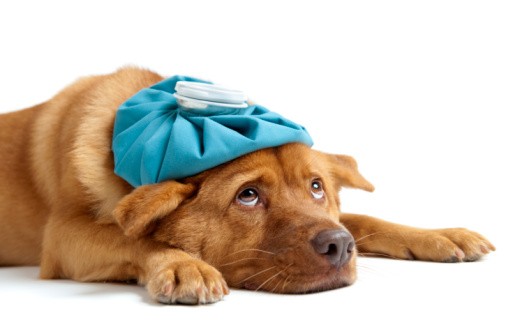
Lack of appetite or losing weight can be a symptom of any disease (or sometimes, side effects). If you observe your pup turning down a tempting meal, you must be alert and get it to a vet for timely diagnosis and treatment. This condition can be accompanied by other symptoms such as fever and vomiting.
Picky Eating Habits
Like humans, among puppies, some can be picky eaters. If yours is the one, it would be a challenge to feed him enough to keep him healthy and well-nourished. To counter this problem, you can try some wet food toppings on their dry food. Besides adding a juicy flavor, it will tempt your dog to eat more.
Stress

It shouldn’t be a surprise if we say dogs can undergo extreme stress that they may start losing weight. There can be several stress factors around them that you can recognize by consulting a vet and helping your puppy to get over them.
Aging
Your dog is likely to grow older with you and may become weak and lean. For older dogs, chewing dry food is painful because of tooth decay. Hence, you should consider giving them wet, specially formulated food more often so they can get enough nutrients to stay healthy.
Rescue/Adoption
Change in the environment either for humans or animals has a huge impact on their health. If you have got a stray dog, or it has been rescued, you will see a drastic weight loss. To help with it, you need to know who was the previous vet working with your puppy so you can immediately help your pup going towards recovery.
Tips To Deal With An Underweight Dog
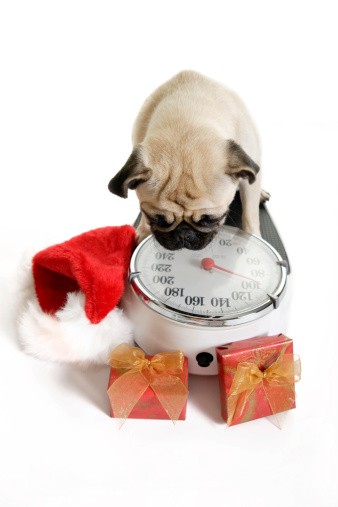
While many dog owners use a variety of methods, it is essential to discuss the safest ways to increase your pup’s weight. You can also talk to other owners to get some advice.
Before you start making changes to your dog’s diet, check with your vet. In most cases, your dog is not starving itself or suffering from an illness. Sometimes, a thin puppy just isn’t hungry enough to eat.
If you find that your dog has a lack of appetite, you should consider deworming and increasing the amount of food you give them by about 10 to 25 percent each day.
If your puppy is not hungry, consider changing its diet. You can try giving it a little bit more food at each meal. This will encourage your dog to eat more and become more active. However, if
your dog is picky about what he eats, you can add some flavored treats to his meals. You can also try mixing in some homemade bone broth to enhance the taste. This will increase the amount of food your dog eats.
Schedule Meal
Changing the diet is crucial for the health of your puppy. The proper diet will help your puppy gain weight and stay healthy. If your puppy has a picky palate, try feeding him a smaller portion than usual. This will help his digestive system and prevent your dog from developing a stomachache. A large meal can be difficult to digest. Instead, try to feed your puppy small meals several times a day.
Changing the timing of your puppy’s meals is the best way to make a puppy gain weight fast. A good rule of thumb is to feed your puppy three to four times a day. When your puppy is young, it should eat at least four times a day. You can also change the food’s temperature and the liquid.
If you notice your puppy rejecting your puppy’s food, it may be time to switch to another type. The best way to make a puppy gain weight fast is to feed it more frequently. When changing foods, remember that it is important to avoid frequent changes in your dog’s diet. Oftentimes, a puppy needs to be on a certain food for a few days before he is able to gain weight. For this reason, a puppy’s food should be switched every seven to 10 days to ensure that it isn’t too much of a shock for his digestive system.
Add Temptation To The Meal
You can also add fresh or wet food to your puppy’s diet to help him gain weight fast. In addition to dry food, you can also add small pieces of human food or vegetables that your puppy loves. These will add extra protein and calories to your dog’s diet. If you can’t afford these, you should try another method that will give your puppy more energy. In the end, your dog will get enough nutrients without getting fat.
Things You Should Do To Avoid Overfeeding
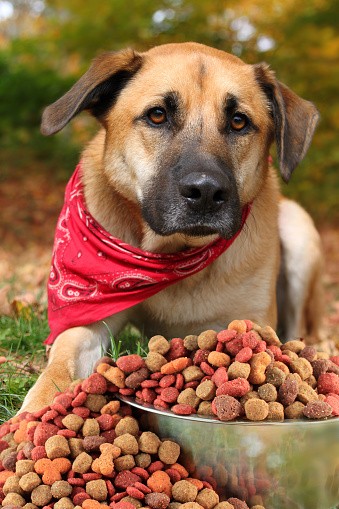
You should not give your puppy too much fat. This will put stress on his pancreas and cause him to have digestive issues. You should also avoid giving your puppy too much food at once, because you don’t want your pet to get accustomed to this sudden change. You can try a highcalorie dog food to help your puppy gain weight quickly. Just make sure the foods you choose contain calories that your dog will actually use. Increasing the amount of food your puppy eats is a great way to help your puppy gain weight fast. You can also feed a bigger portion of the same food to your dog. By adding more food to his diet, he will get the energy he needs to grow and reach his desired weight. But don’t overfeed your puppy. It will end up putting on too much fat. And you don’t want your puppy to get sick from too much fat.
Is Exercise Necessary For Underweight Dog?
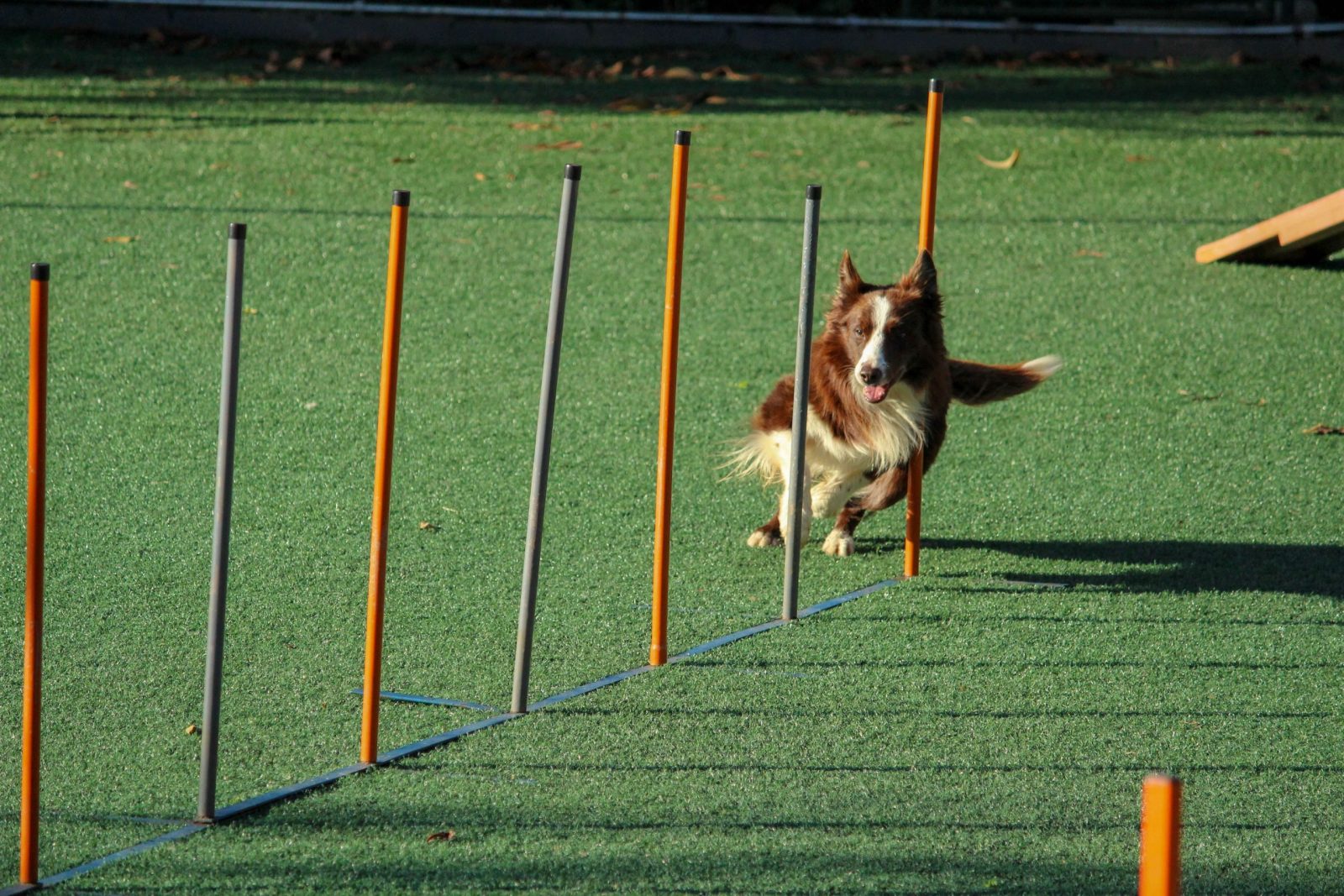
You might be thinking if your skinny, underweight dog also needs routine exercise. Because exercise may put some pressure on muscles and joints during the workout. It is obvious to note that whether your dog is underweight or not, you have to make it do some exercises to keep it fit and active. A playful dog is what we all love and this can’t happen without doing regular exercise.
Though for various types of workouts, an adequate expenditure of energy is required, some can be less tiring. You can also offer a reward at the end of the completion of that task to keep your dog enthusiastic about exercise. Exercise will improve its metabolism, and hence, increase the appetite.
Putting It Into A Summary
To help your puppy gain weight fast, you should stick to these seven key points, and viola, your puppy will gain adequate weight.
✓ Set goals for your pup’s ideal weight gain and monitor it throughout the process
✓ Consult a vet to determine the root cause of weight loss and adopt healthy practices
✓ Feed him with high-quality and high-calorie food
✓ Gradually, increase the amount or frequency of its meal
✓ Incorporate healthy, formulated snacks in between the meal as supplements
✓ Add wet or fresh foods to their ordinary meal making them palatable
✓ Make your puppy get enough exercise daily to increase its appetite and justify the calories intake
